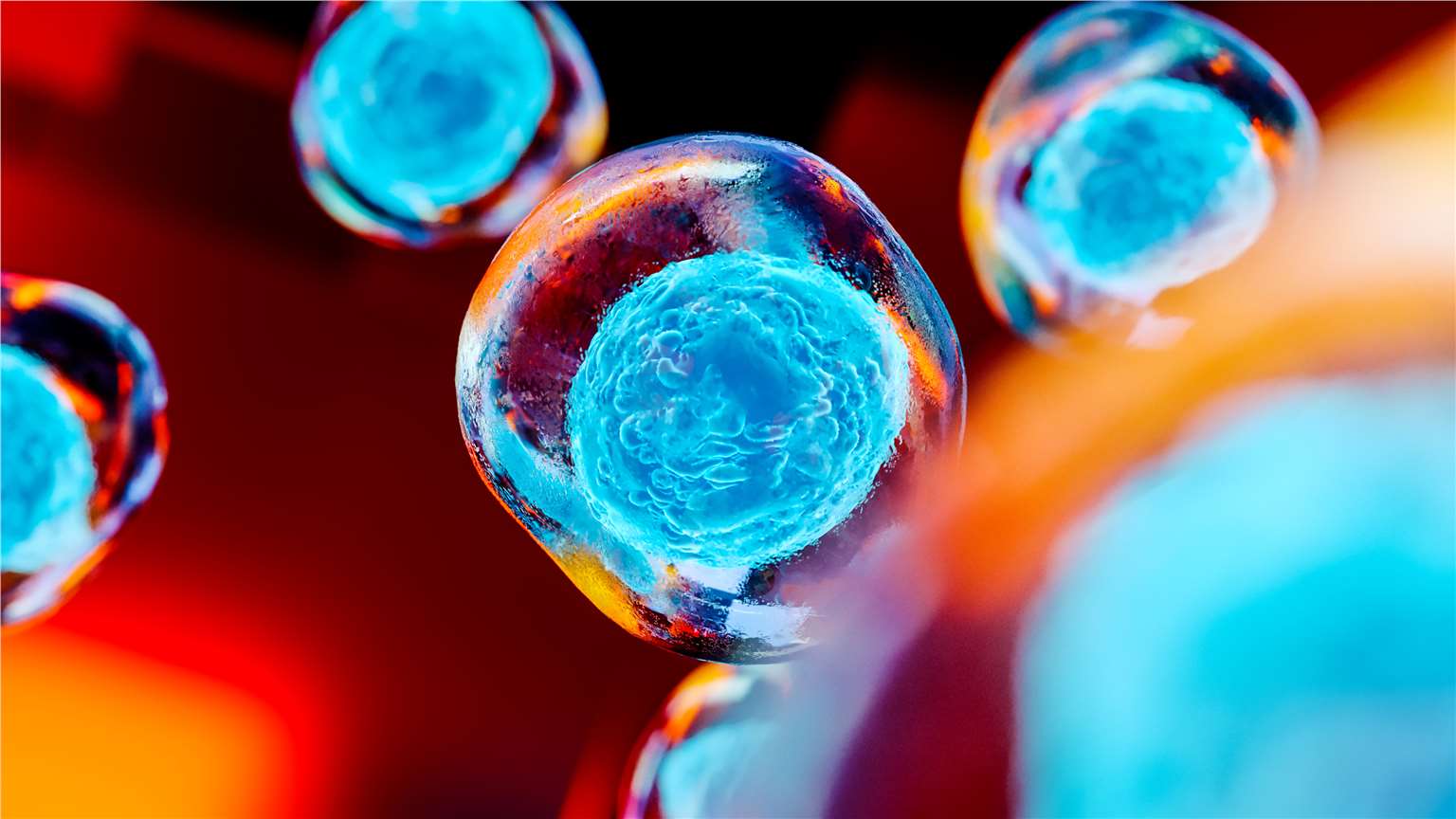Featured Products
Our Promise to You
Guaranteed product quality, expert customer support

Mouse Stem Cells
Stem cells have the unique ability to self-renew and regenerate functional tissues.
Stem cells can replicate many times, and when a stem cell divides, the resulting two daughter cells may be: two stem cells, a stem cell and a more differentiated cell, or two more differentiated cells. Discovering the mechanisms behind self-renewal may allow to understand how cell fate is regulated during normal embryonic development and postnatally, or mis-regulated during aging, or even in the development of cancer.

How are Stem Cells Used in Biomedical Research?
Since stem cells have the ability to turn into various other types of cells, scientists believe they can be used to treat and understand diseases.
- grow new cells in the lab to replace damaged tissues or organs
- correct the part of an organ that is not working properly
- study the causes of genetic defects in cells
- study how diseases occur, or why certain cells develop into cancer cells
- test new drugs for safety and efficacy
Creative Bioarray understands the need for credible cultures for your research. We have provided stem cell resources to the research community for over a decade, with a growing portfolio of culture options including mouse embryonic stem cells (ESCs), mesenchymal stem cells (MSCs), and iPS cells. Creative Bioarray has also developed complete cell culture solutions to support ESCs, MSCs, and iPS cells.
Description: Mouse Lung Mesenchymal Stem Cells are derived from the lung tissues of pathogen-free...
Description: Mouse Lung Mesenchymal Stem Cells are derived from the lung tissues of pathogen-free...
Description: Mouse Bone Marrow Mesenchymal Stem Cells are derived from the tibias and femurs of...
Description: Mouse Bone Marrow Mesenchymal Stem Cells are derived from the tibias and femurs of...
Description: Mouse Lung Mesenchymal Stem Cells are derived from the lung tissues of pathogen-free...

